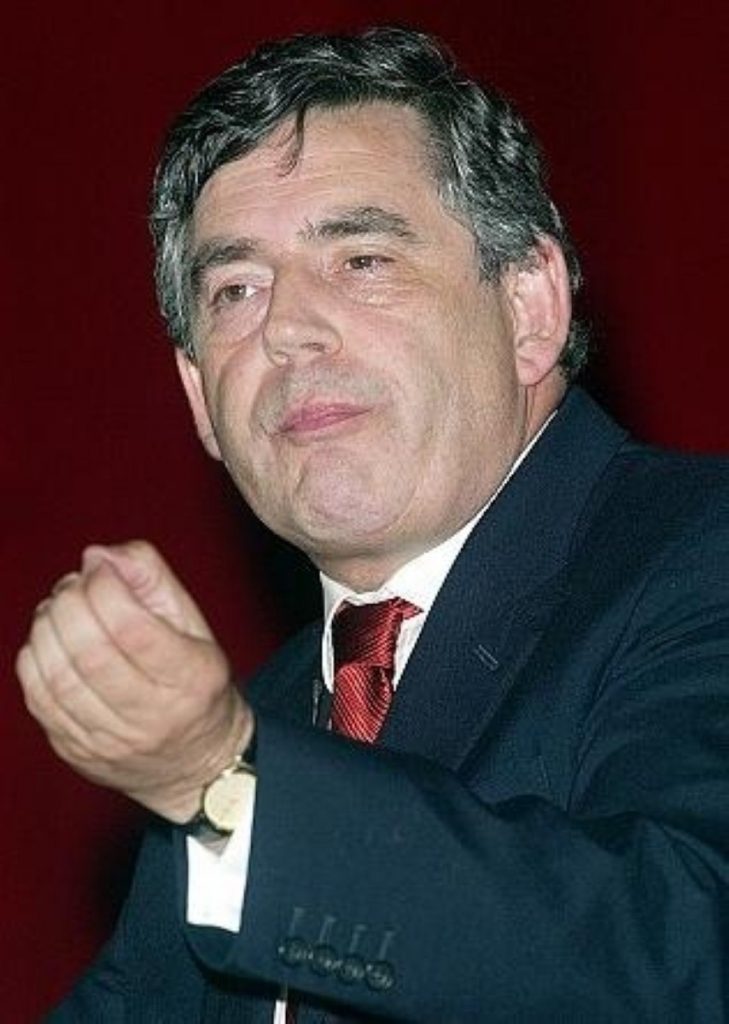Brown calls for devolution of power
Labour must find a “new way of communicating with the public”, Gordon Brown has argued as he put forward ideas for what he would do as prime minister.
On the eve of his address to the Labour party conference in Manchester, which one aide admitted would be the “speech of his life”, the chancellor outlined his proposals to devolve the day to day running of government away from Whitehall.
In an interview with the Sunday Telegraph, Mr Brown – who is widely expected to succeed Tony Blair as Labour leader – also revealed his intention to return to a more cabinet style of government and introduce a written constitution.
Asked about his relationship with Mr Blair, he said they had had an “effective political partnership” and praised the prime minister’s leadership. But he insisted that Labour’s future renewal was not about personalities.


“To respond to these [new] challenges, we need a new way of communicating with the public. We need, if you like, a new politics, and that means also changing the way we govern,” he told the newspaper.
“It means more accountability both to parliament and the public. It means more transparency about how decisions are taken. And it means, wherever you can, taking power out of the hands of the executive.
“It means the devolution of power from central government to local communities and to individuals.wherever you can, separating out the business of setting policy – which is for politicians – and the business of implementation and administration.”
He cited the Bank of England, which was granted independence within days of Labour coming to power in 1997, as an example of how this devolution would work.
Yesterday, Blairite junior minister James Purnell spelled out his ideas for a BBC charter-style constitution for the NHS, which would ensure that while funding and overall policy were set by ministers, local and regional bodies would run it.
He and health minister Andy Burham argued that such a framework would ease fears about the extent of private sector involvement in the NHS, and in an interview today, Mr Brown also made clear he believed there were “limits” to this involvement.
Meanwhile, he refused to comment on his plans for the leadership, repeating his previous statement that Mr Blair should have the final decision on when he resigns.
Yesterday, work and pensions secretary John Hutton told The Times that the Labour party “don’t do coronations”, implying Mr Brown should not be able to take over without a proper leadership contest.









